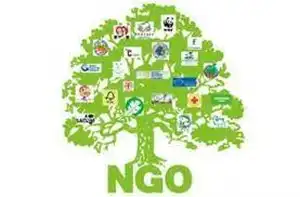How Do I Start an NGO in South Africa?

What are NGOs?
Non-Governmental Organizations (NGOs) are institutions established by a group of people with the intention of pursuing goals and objectives for the welfare of individuals and society at large.
What are the types of NGOs?
The World Bank separates NGOs into two types:
1. Operational NGOs
2. Advocacy NGOs
How do NGOs Work?
Non-governmental organisations (NGOs) perform a wide range of service and humanitarian functions. Non-governmental organisations (NGOs) can give on-the-ground support, conflict analysis, emergency relief, professional experience, and much more, depending on their goals, location, and mission.
What are the examples of NGOs in South Africa?
1. Cape Refugee Centre. Cape Town, South Africa.
2. Global Action for Africa’s Development (GLAFAD) Pretoria, South Africa.
3. Rural Community Initiative. Johannesburg, South Africa.
4. 3rd World. Cape Town, South Africa.
5. Academy for Future Science
How do I start an NGO in South Africa?
1. Find your passion/ identify a problem
2. Find the right people
3. Clarify vision and goals of the NGO
4. Register the NGO
5. Decide the name of your NGO
6. Conduct local research, network, and create a plan of action.
7. Make a budget and start fundraising.
8. Start your projects
What are NGOs’ sources of funds?
1. Membership dues.
2. Private donations from individuals, private sector businesses, and philanthropic organizations.
3. Grants.
4. Funds from foreign governments and organizations.
Can a single person register an NGO in South Africa?
A single person cannot register an NGO. The applicant will need at least two people to complete the registration process.
How long does it take to register a non-profit company in South Africa?
It takes 25 working days from receipt of application to register a non-profit company.
How much does it cost to register a non-profit company in South Africa?
It cost R175 to register for standard non-profit company (CoR 15.1C) and R475 for customised non-profit company with members (CoR 15.1D) or without members (CoR 15.1E).
Share This





